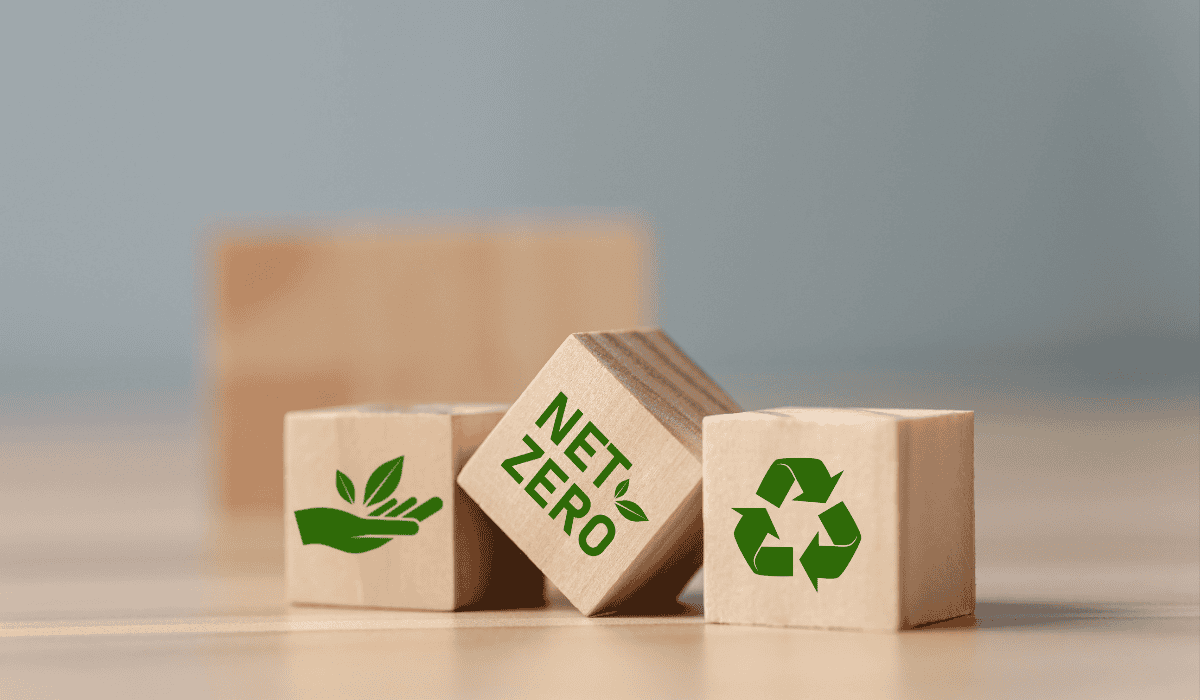Harnessing Renewable Energy
The UK’s commitment to achieving net zero emissions by 2050 has set ambitious targets for every sector of the economy. As we enter 2025, the governments Net Zero strategy is having a big impact on businesses, shaping operations, investments and growth opportunities. Understanding these changes in essential for businesses hoping to thrive in a decarbonised economy.

The UK’s Net Zero Strategy plans to reduce greenhouse gas emissions to almost zero by 2050. The plan focuses on key such as renewables energy adoption, energy efficiency, electric vehicles (EVs), and sustainable supply chains. Milestones along the way include a 78% reduction in emissions by 2035 and phasing out petrol and diesel car sales by 2030.
In 2025, businesses are navigating a landscape shaped by policies, incentives, and regulations aligned with these goals.
Businesses are being encouraged—and in some cases required—to transition to renewable energy sources. And rising costs for fossil fuels add even more urgency. However, subsidies are now making options for transition more accessible for solar, wind and battery storage.
New efficiency regulations, such as those targeting commercial building energy performance, are driving upgrades in infrastructure. Businesses must meet stricter standards or face penalties.
The push for EV adoption is intensifying in 2025. With the ban on new petrol and diesel vehicles just five years away, businesses are transitioning to EV fleets and investing in charging infrastructure.
Sustainability requirements are changing how supply chains perform. Businesses are under pressure to source materials responsibly and reduce emissions across their supply chain network.
Carbon pricing mechanisms, such as the UK Emissions Trading Scheme (UK ETS), are putting a price on pollution. Additionally, businesses must comply with enhanced reporting requirements under the Streamlined Energy and Carbon Reporting (SECR) framework.
To align with the UK’s Net Zero Strategy, businesses should be proactive. Here are a few ways Immersa can help:
The UK’s Net Zero Strategy is transforming how businesses operate in 2025. By embracing renewable energy, improving efficiency, and prioritising sustainability, businesses can turn challenges into opportunities. The time to act is now—adapting to the net zero economy isn’t just about compliance; it’s about thriving in the future.
Want to future-proof your business? Contact us today to explore how we can tailor solutions to your business.
Terms and Conditions | Cookie Policy | Privacy Policy
© Immersa. All Rights Reserved.